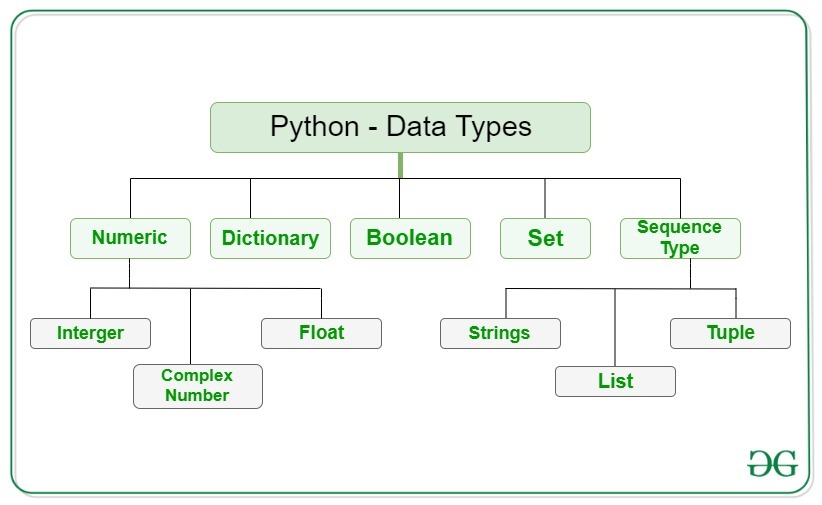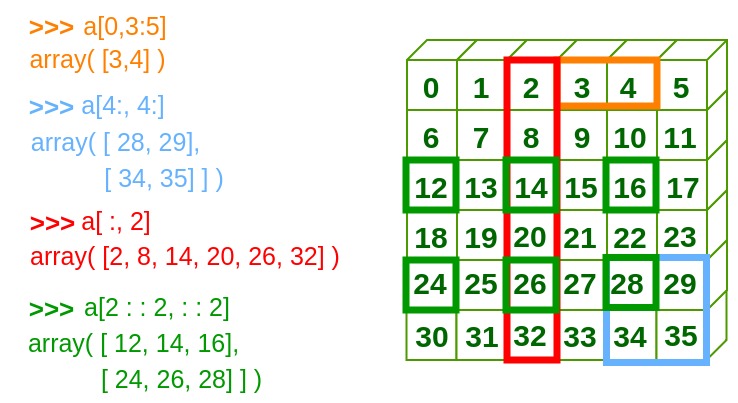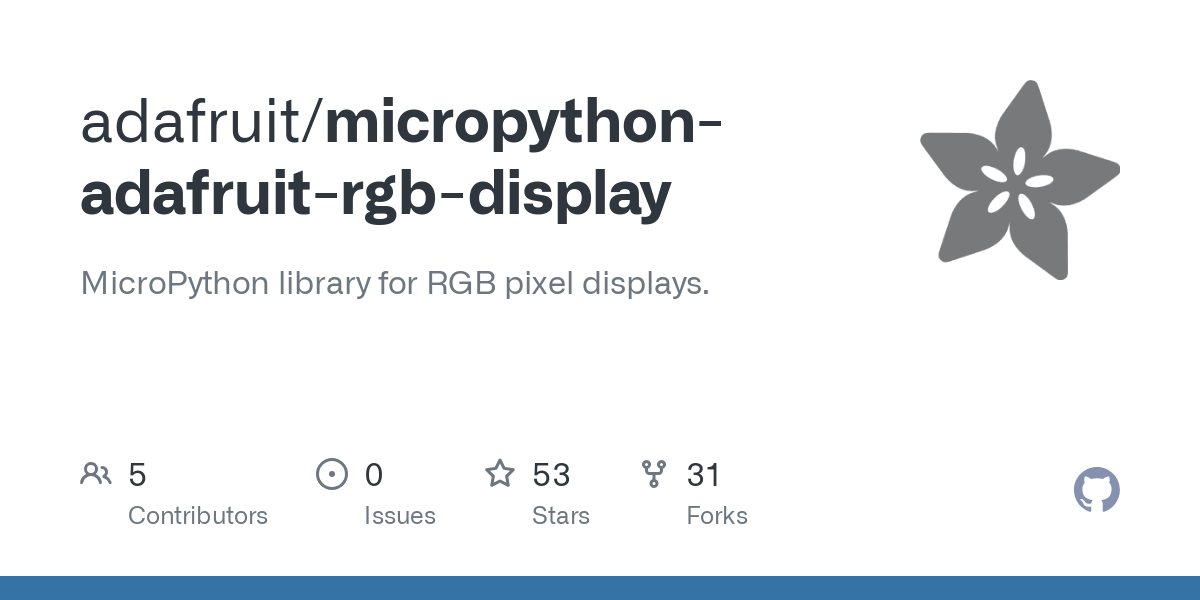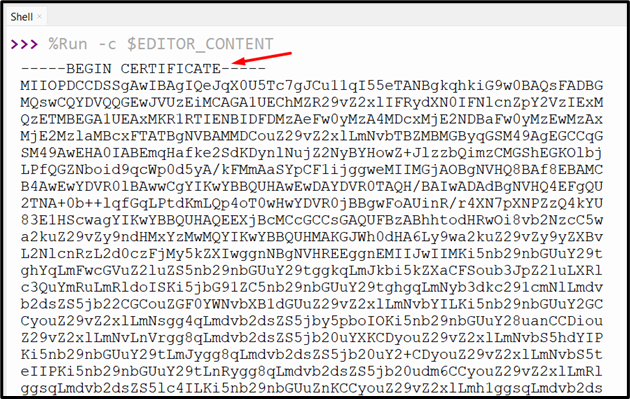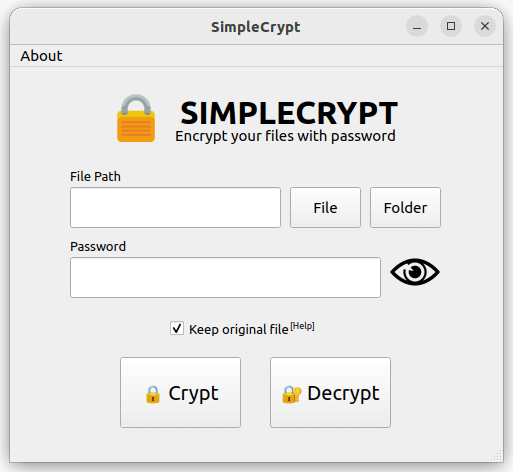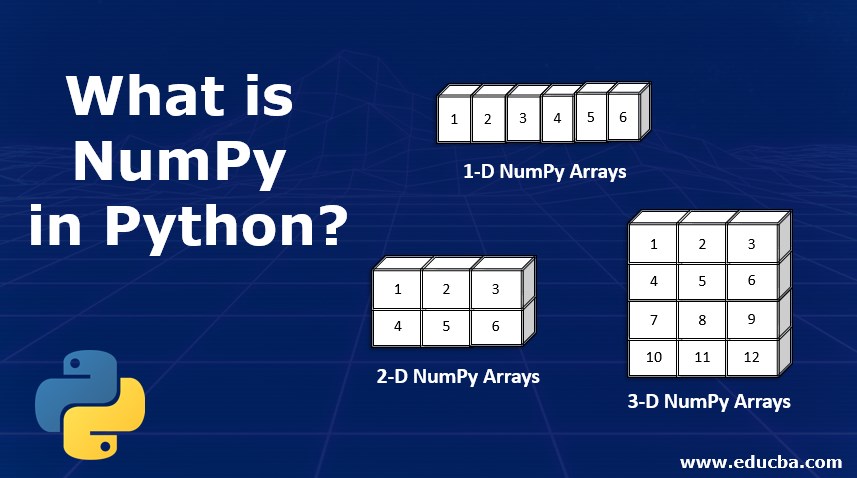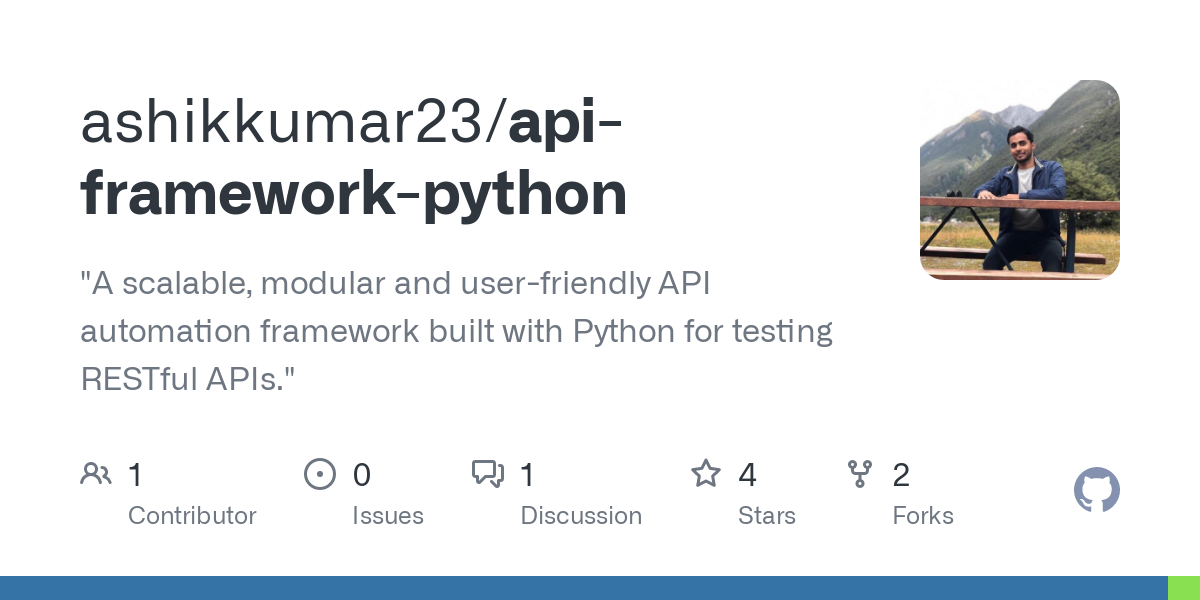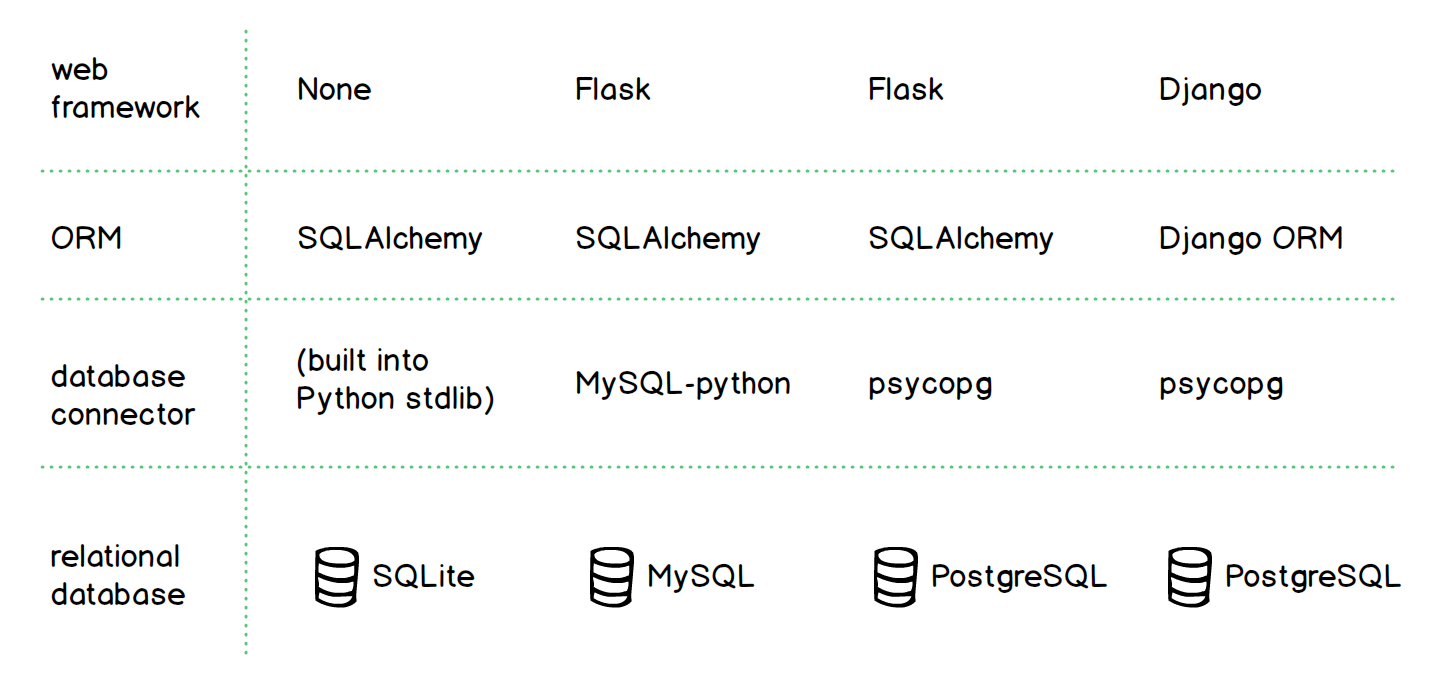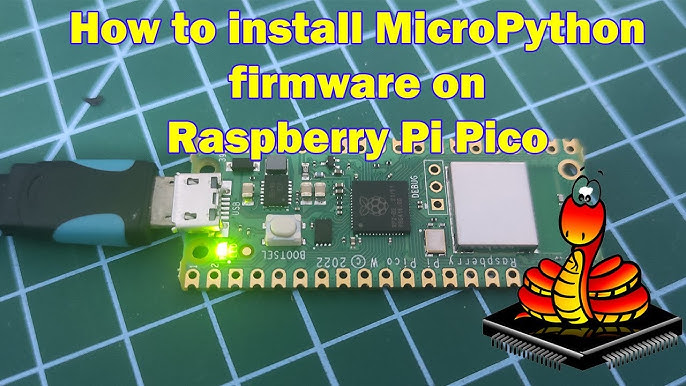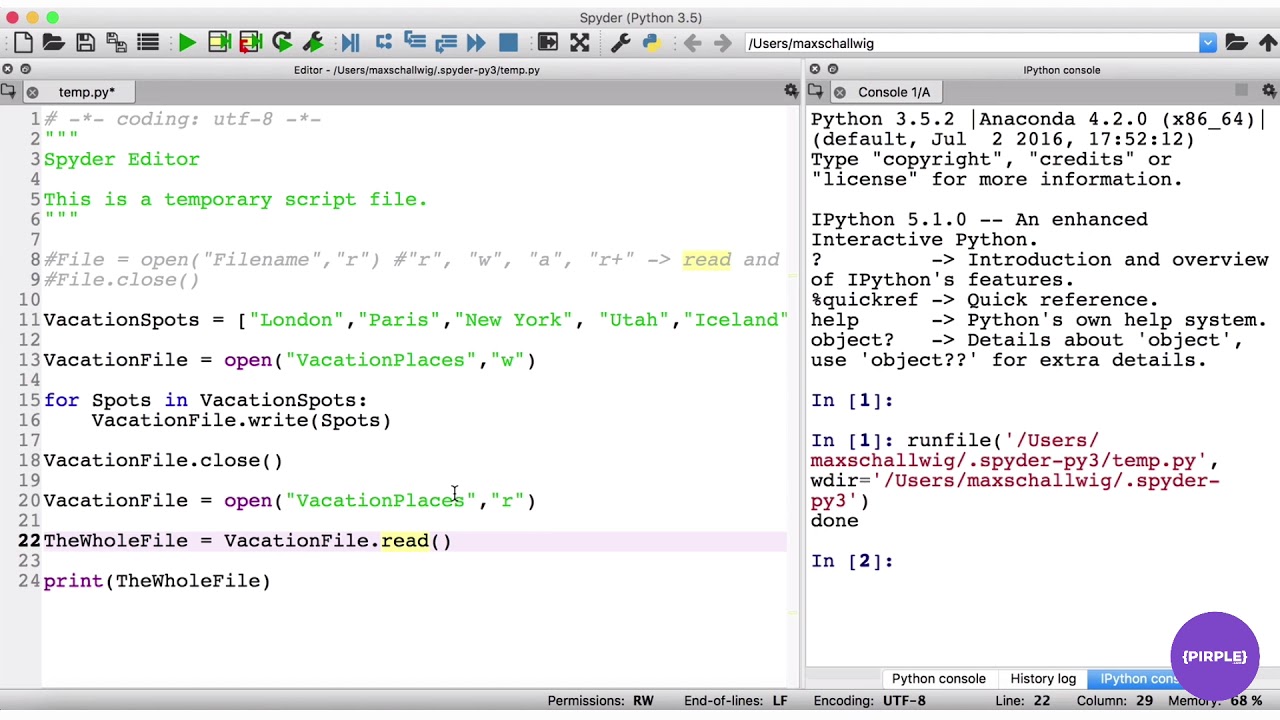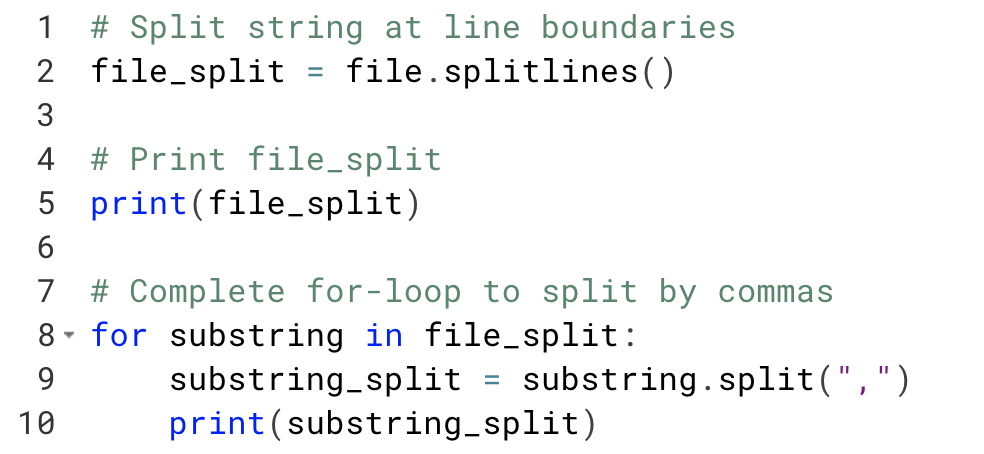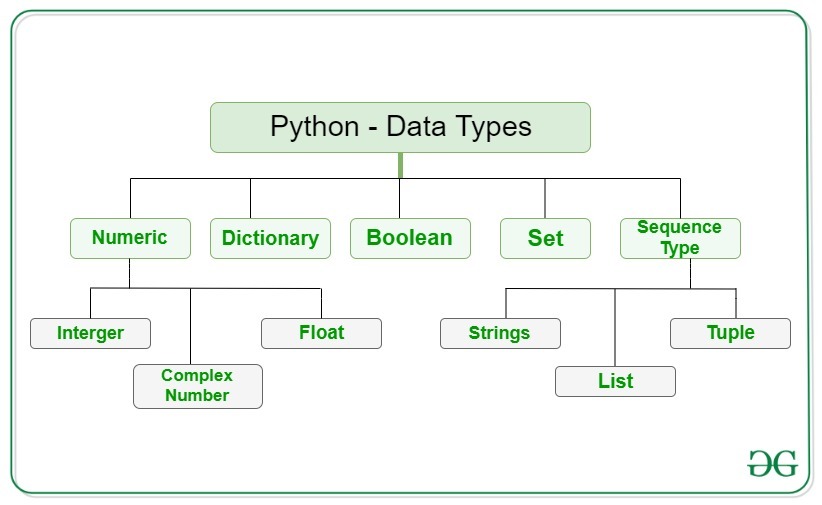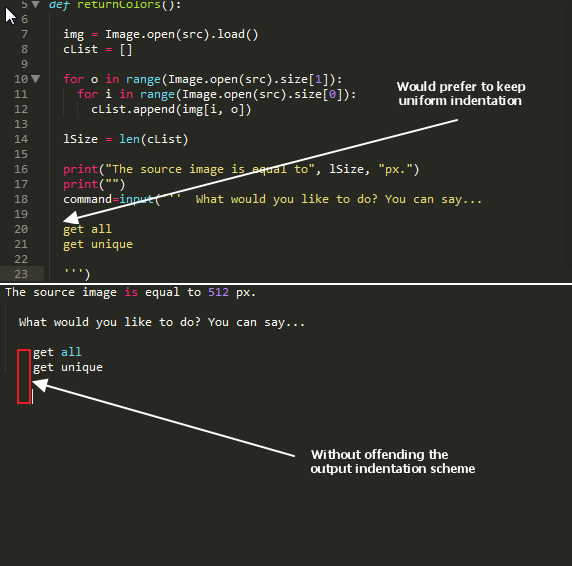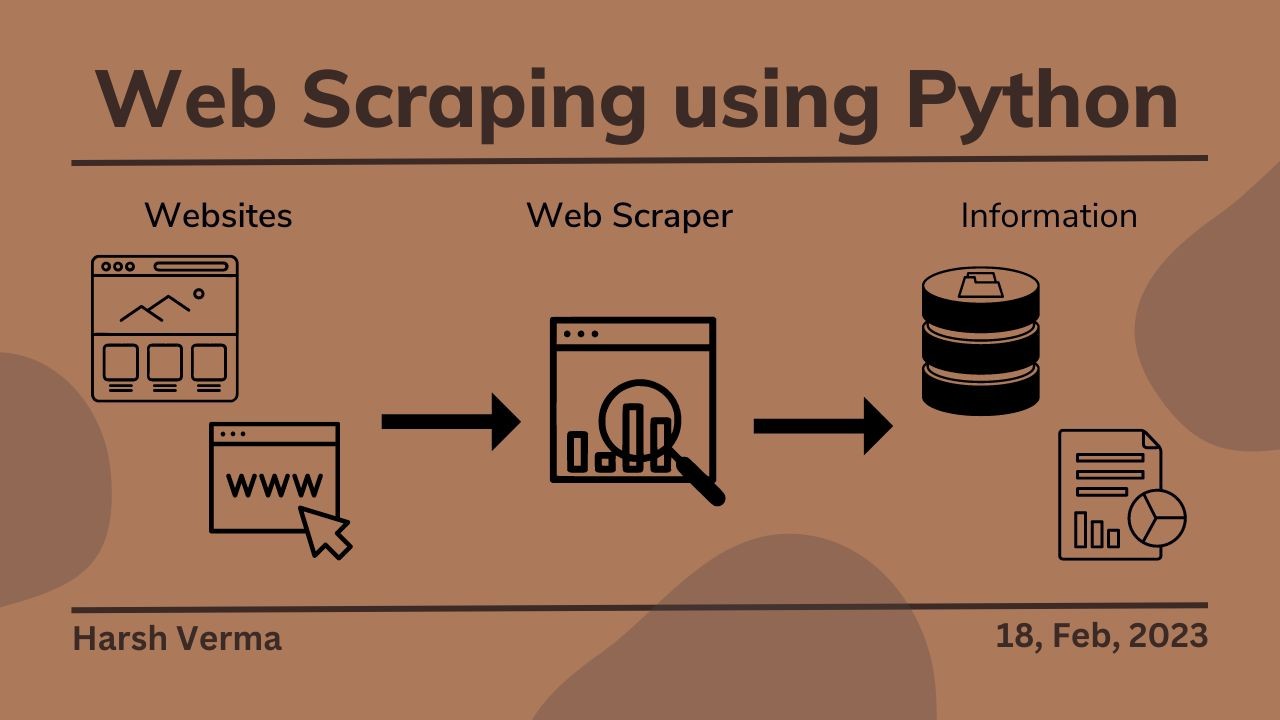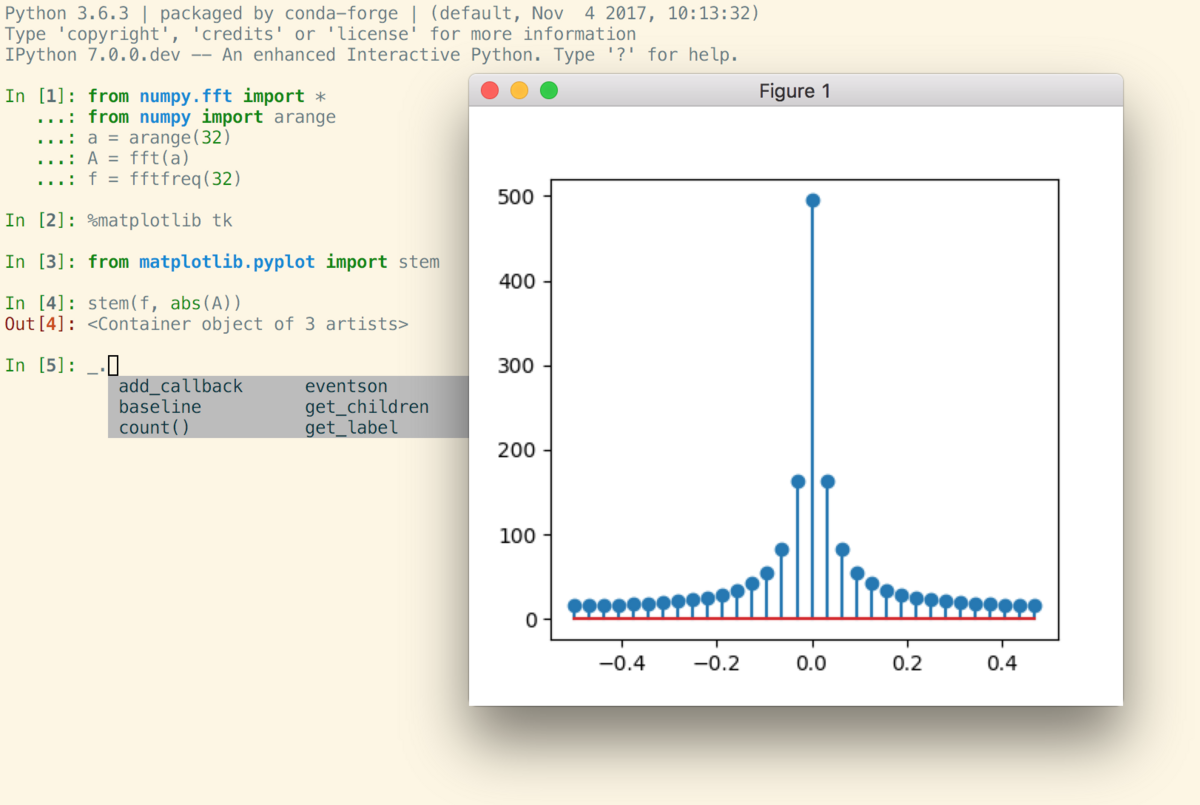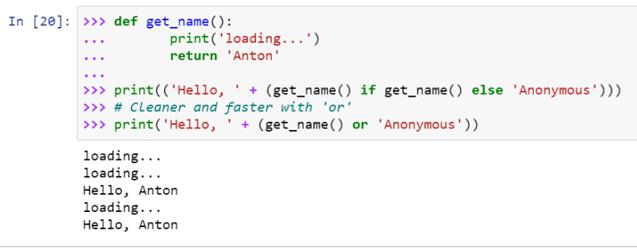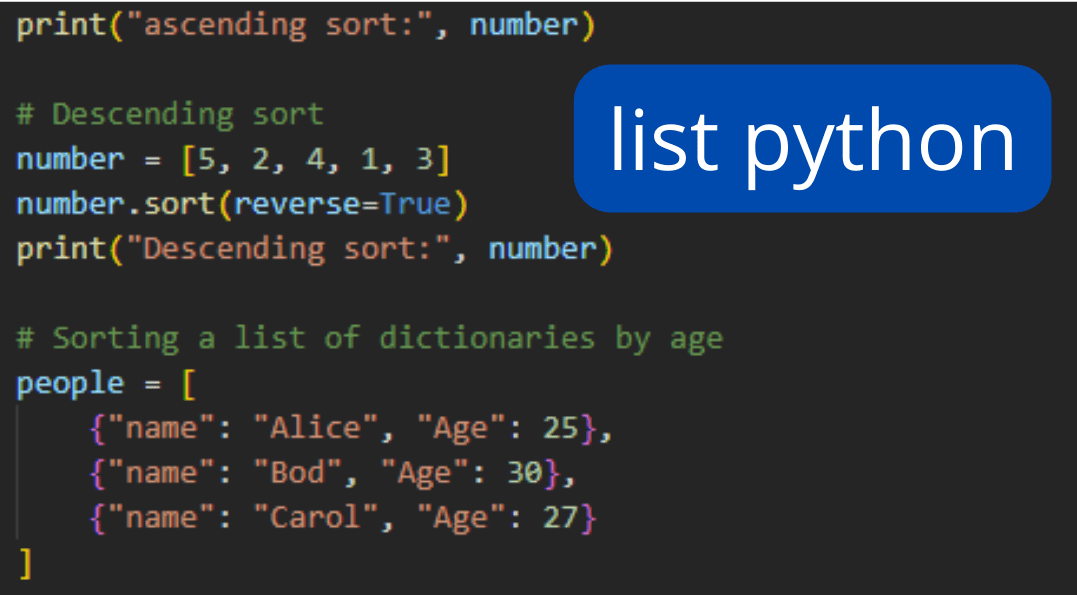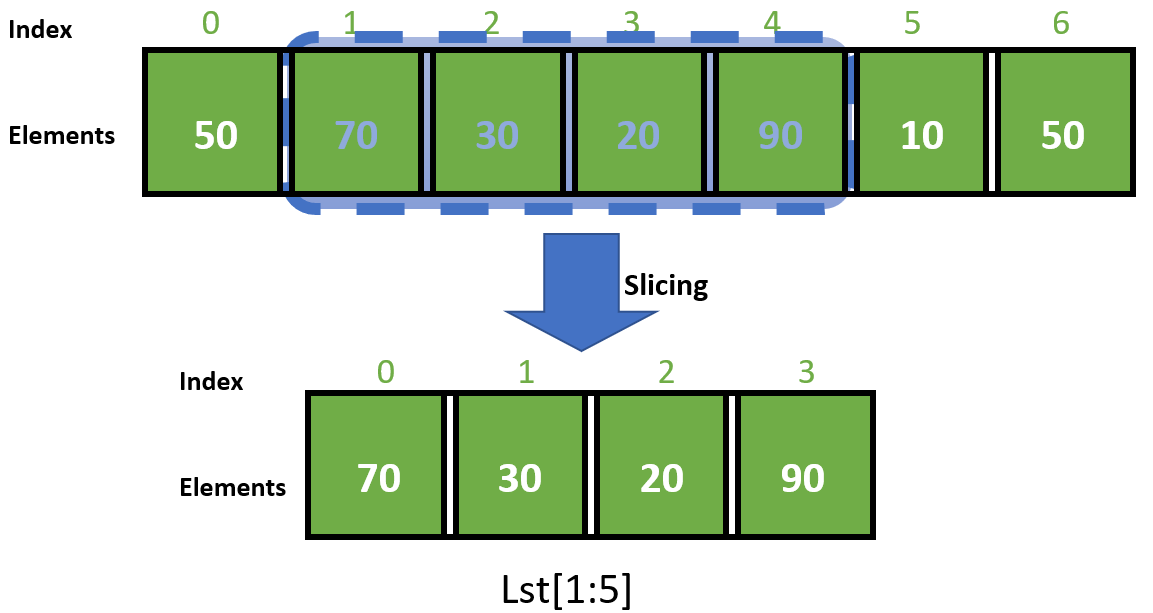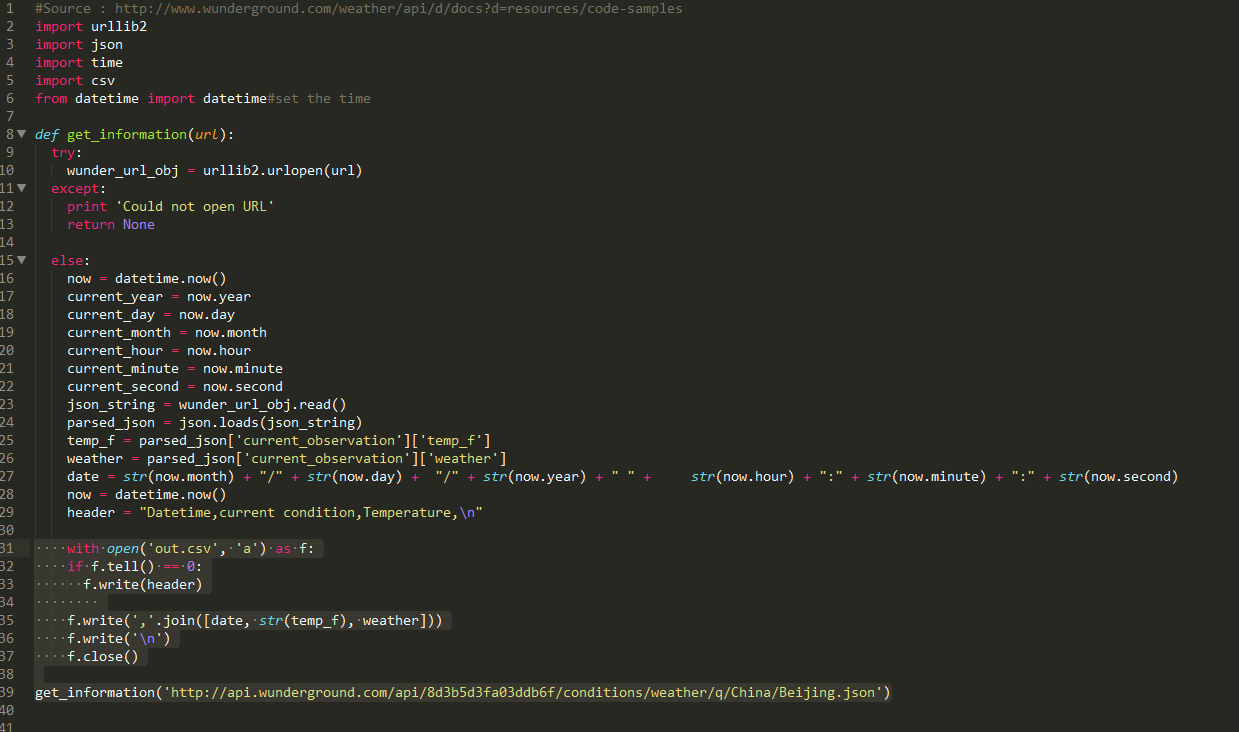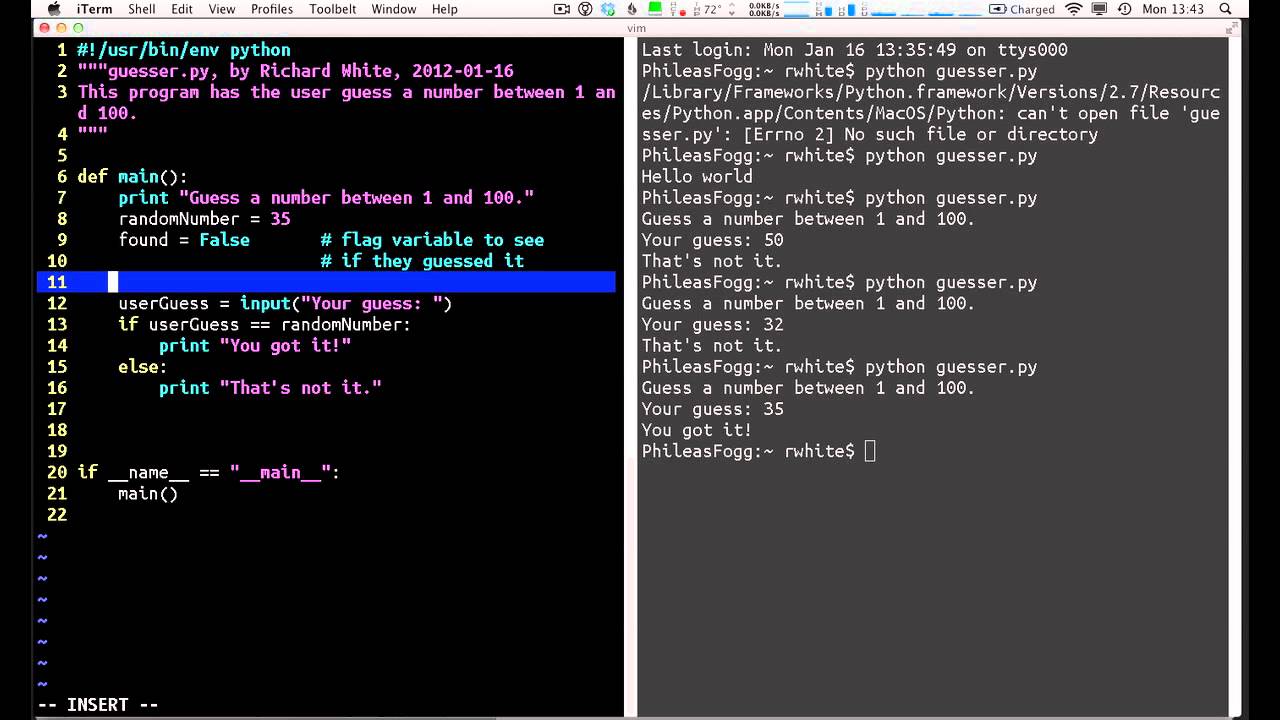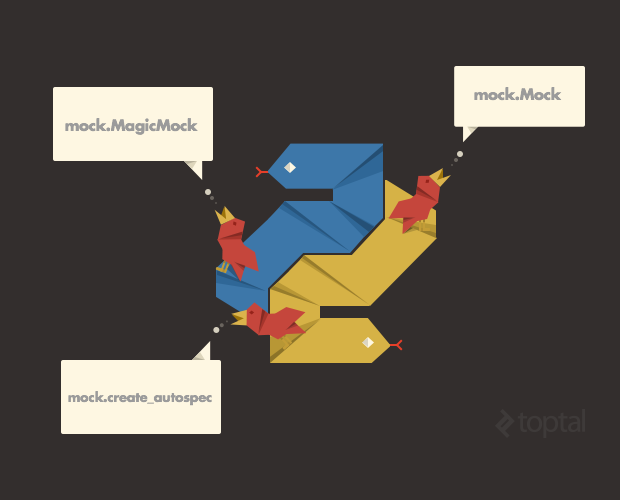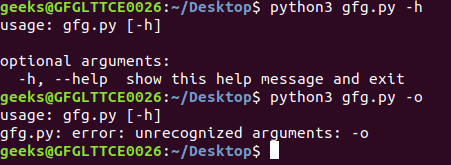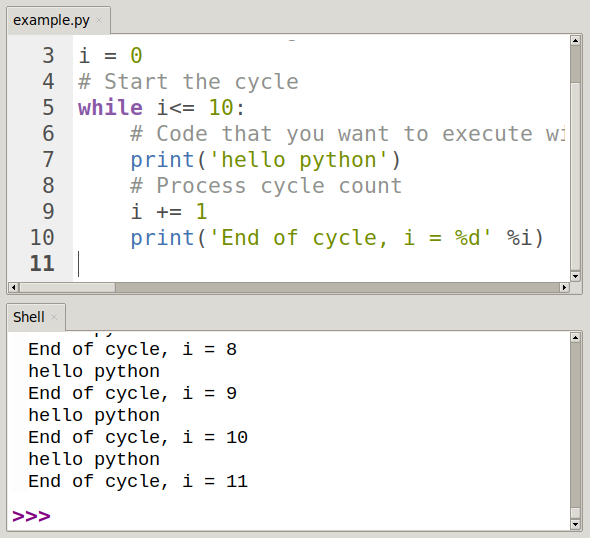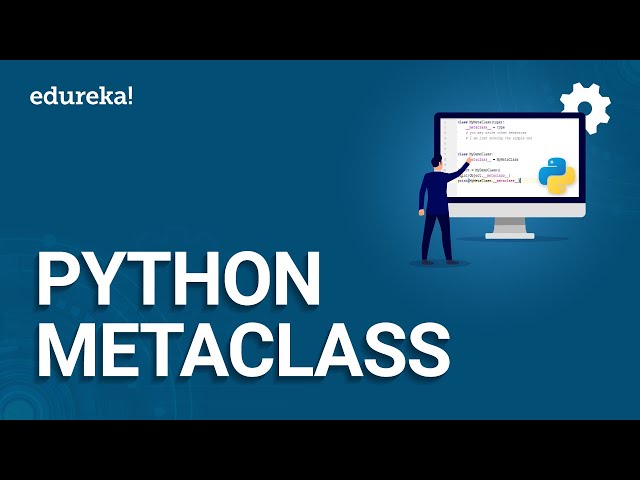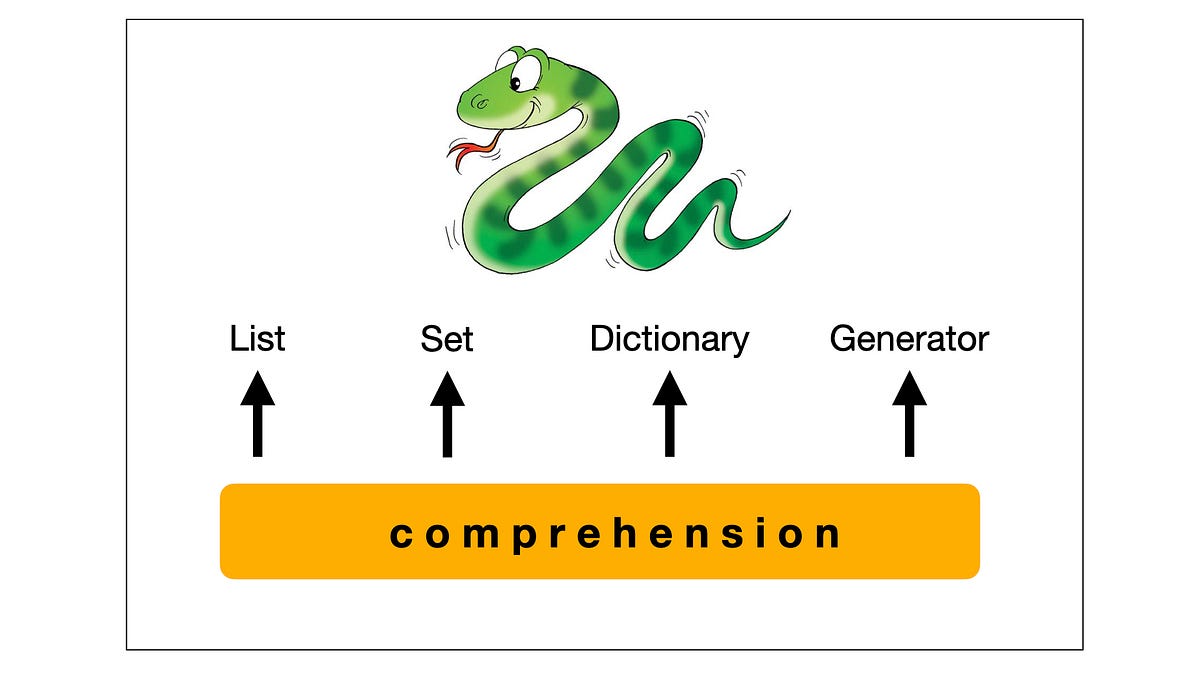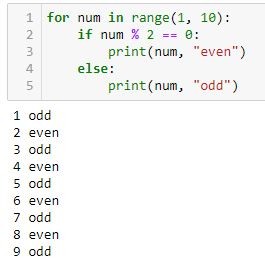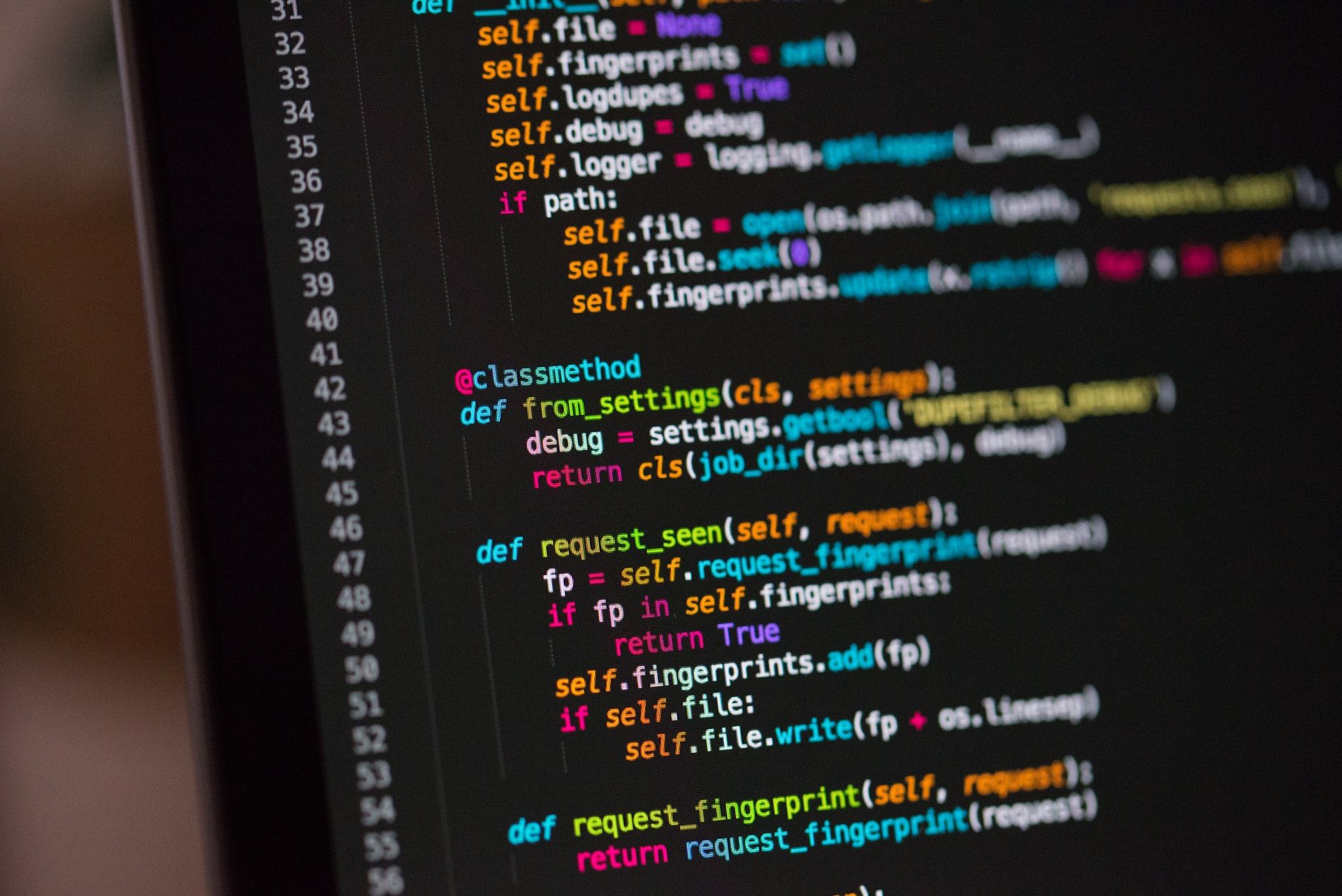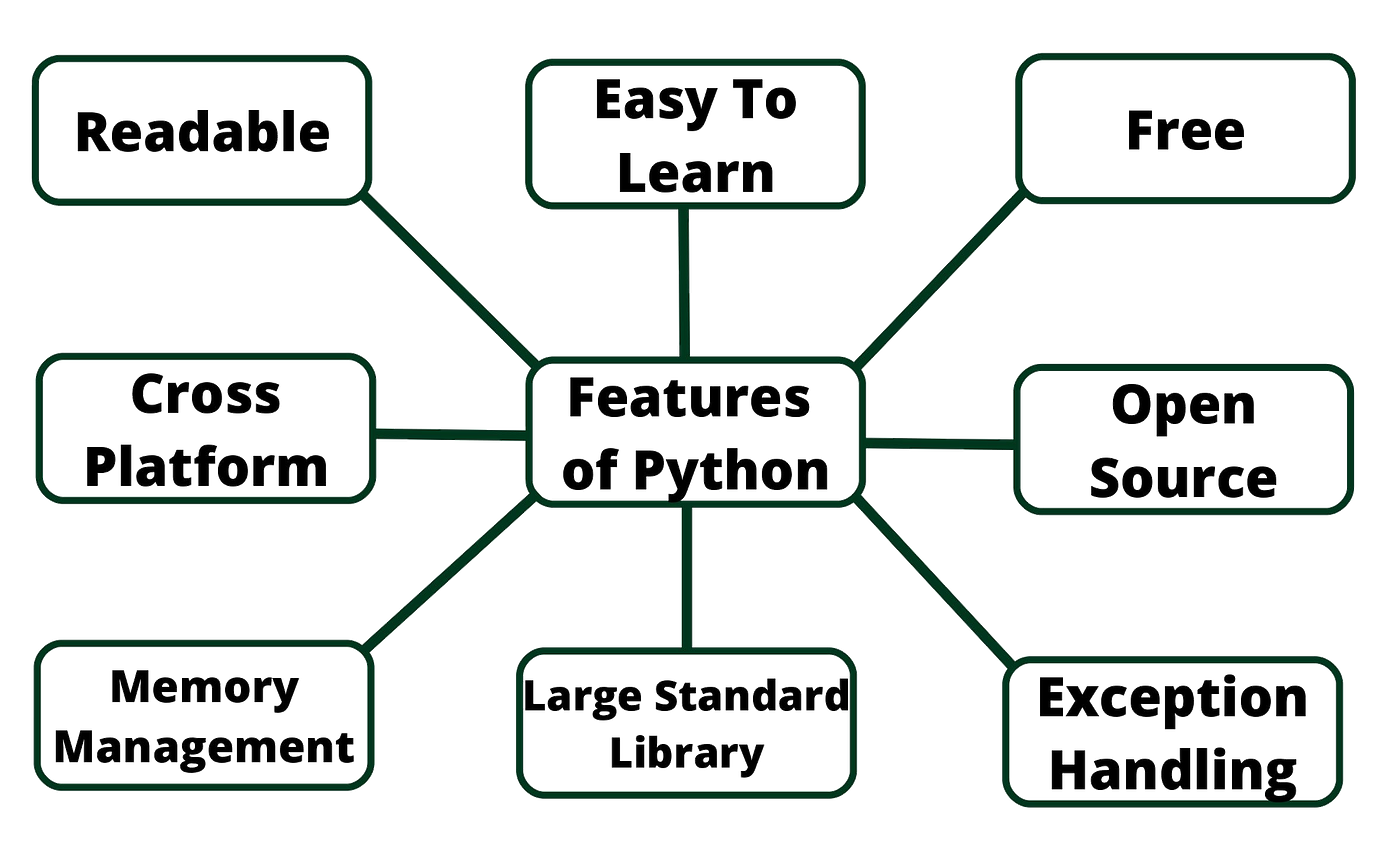How long does it take to learn Python to get a job?
How long does it take to learn Python to get a job?
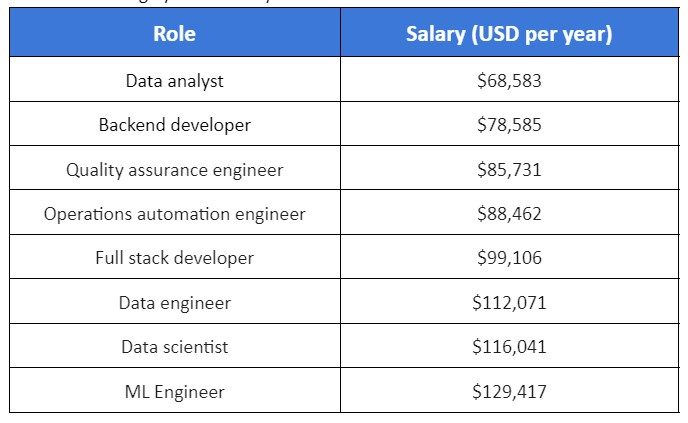
The million-dollar question! The time it takes to learn Python and get a job can vary depending on several factors, including your background, dedication, and career goals. However, I'll provide you with some general insights to help you plan your learning journey.
Basic understanding of programming concepts: If you're new to programming, it's essential to start by grasping the fundamental principles, such as data structures, control flow, functions, and object-oriented programming. This can take around 1-3 months, depending on how much time you dedicate to learning each week.
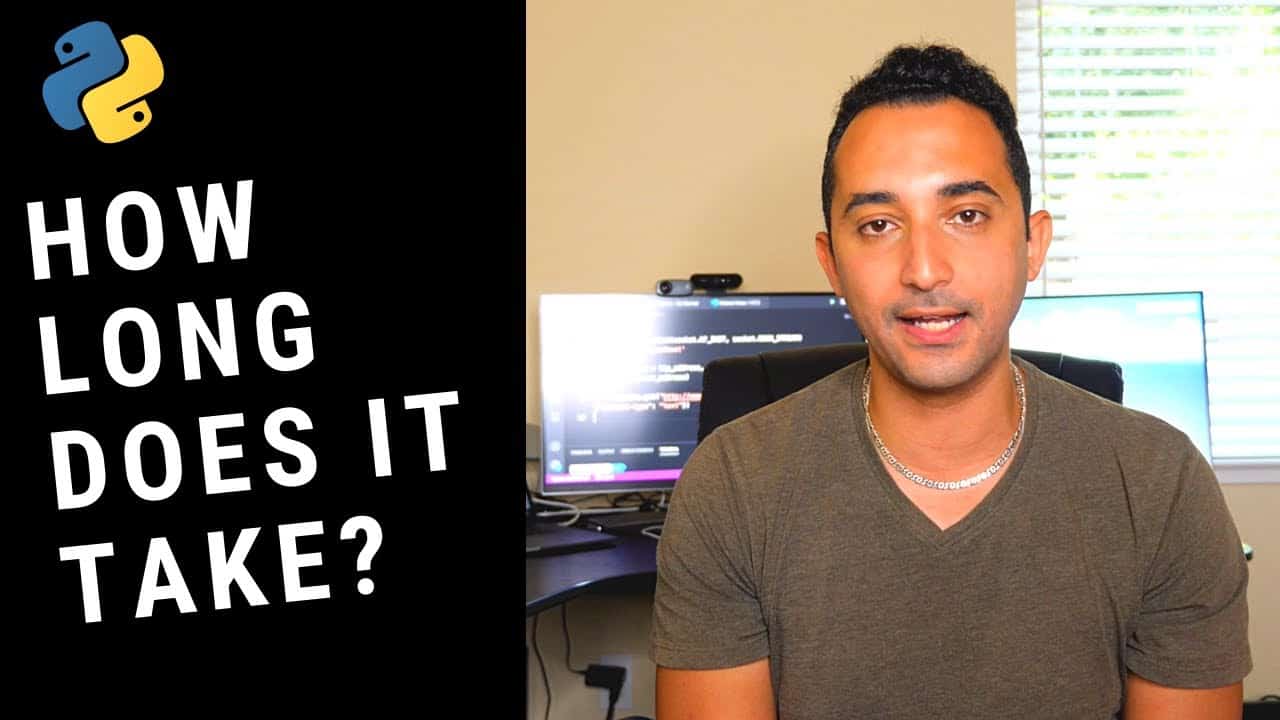
Python basics: Once you have a solid understanding of programming concepts, you can focus on learning Python specifically. You'll need to learn the syntax, data types, control structures, functions, and modules in Python. This stage typically takes around 2-6 months, with daily or weekly practice.
Practical projects: After gaining a good grasp of Python basics, it's time to put your skills into practice by working on real-world projects. This will help you develop problem-solving skills, learn from mistakes, and improve your coding efficiency. Allocate at least 3-6 months for this phase, depending on the complexity of your projects.
Job preparation: To increase your chances of landing a job, focus on developing skills that are in high demand by employers. These include:
Data analysis and visualization using libraries like Pandas, NumPy, Matplotlib, and Seaborn. Web development using frameworks like Flask or Django. Machine learning and AI using scikit-learn, TensorFlow, or Keras. Automation and scripting using Python's built-in modules.Allow 3-6 months for this stage, depending on the depth of your knowledge in these areas.
Job opportunities: With a solid foundation in Python and relevant skills, you can start applying for entry-level positions, such as junior data analyst, data scientist, or software engineer. Depending on the company and industry, job availability may vary. In general, it's common to see job openings in:
Data science and analytics Software development Automation and scripting Research and academiaTimeline: Considering the above factors, here's a rough estimate of the time it takes to learn Python and get a job:
Basic understanding of programming concepts: 1-3 months Python basics: 2-6 months Practical projects: 3-6 months Job preparation: 3-6 monthsTotal estimated time: 9-24 months (0.75-2 years)
Keep in mind that this is just a rough estimate, and the actual time it takes will depend on your individual circumstances, dedication, and career goals.
Remember, learning Python is a continuous process. The more you practice, the better you'll become. Stay motivated, keep learning, and don't be afraid to ask for help or seek guidance from experienced professionals. Good luck!
How long does it take to learn python for beginners after
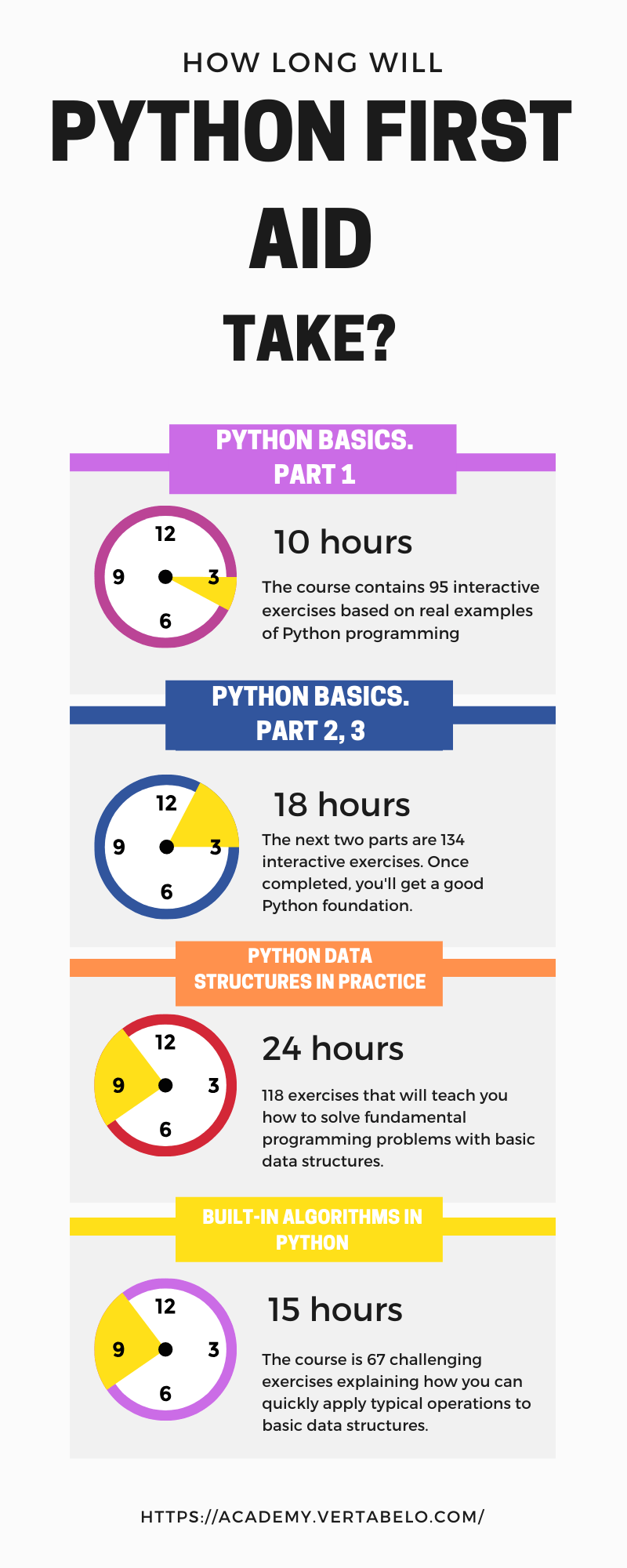
I'm happy to respond in English this time!
Learning Python as a beginner can take anywhere from a few weeks to several months, depending on how much time and effort you dedicate to learning the language. Here's a rough breakdown of what you can expect:
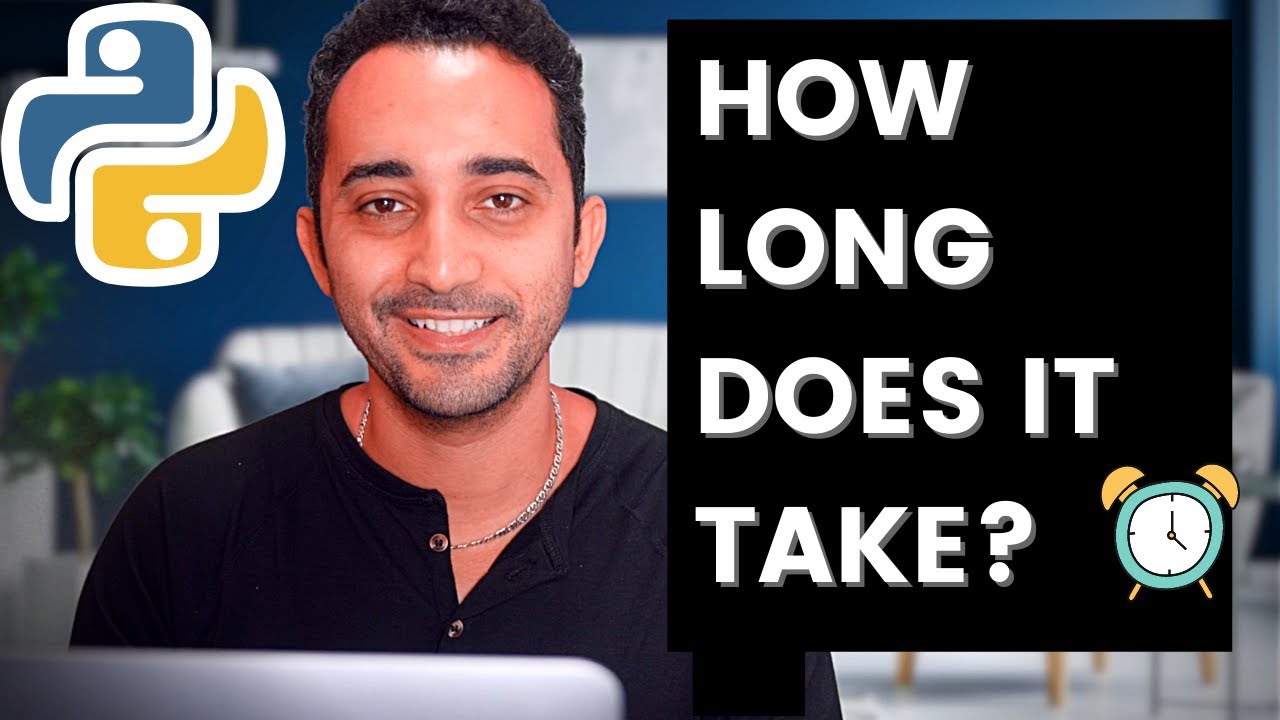
Weeks 1-2: Getting Started
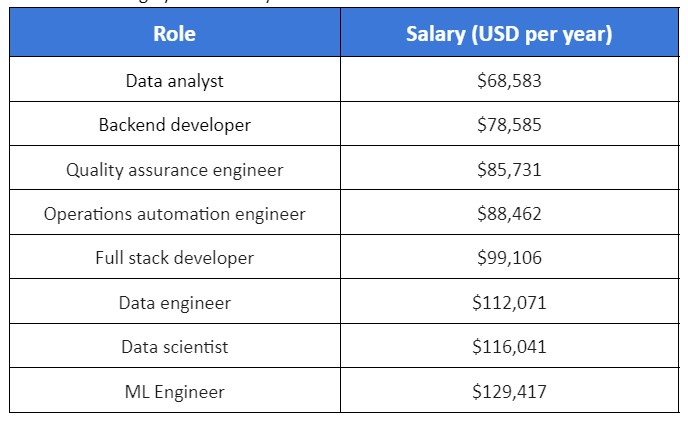
Weeks 3-6: Building Foundations
As you progress, you'll start learning about data structures (e.g., lists, dictionaries, sets), control structures (if-else statements, loops), and functions. These building blocks will help you create more complex programs. During this phase, you should dedicate around 4-8 hours per week to practicing coding.Weeks 7-12: Practicing Problem-Solving
Now that you've built a solid foundation in Python programming, it's time to tackle problem-solving. You'll be exposed to various types of exercises and projects that help you develop your critical thinking skills. In this phase, aim to spend around 8-16 hours per week on coding and practicing.Months 3-6: Specializing and Mastering
By the end of the third month, you've likely gained a good grasp of Python basics. Now it's time to specialize in specific areas, such as: Web development using Flask or Django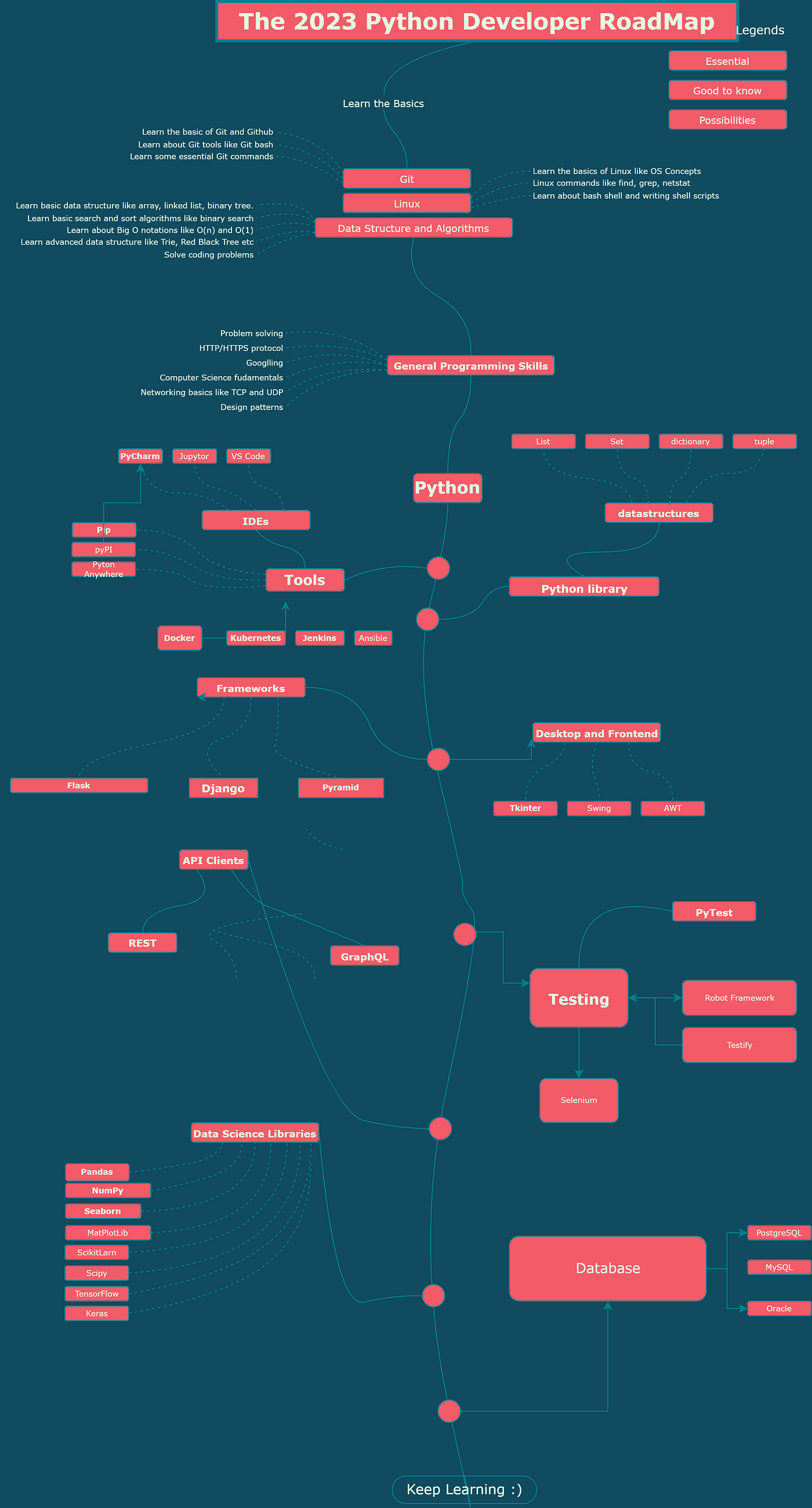
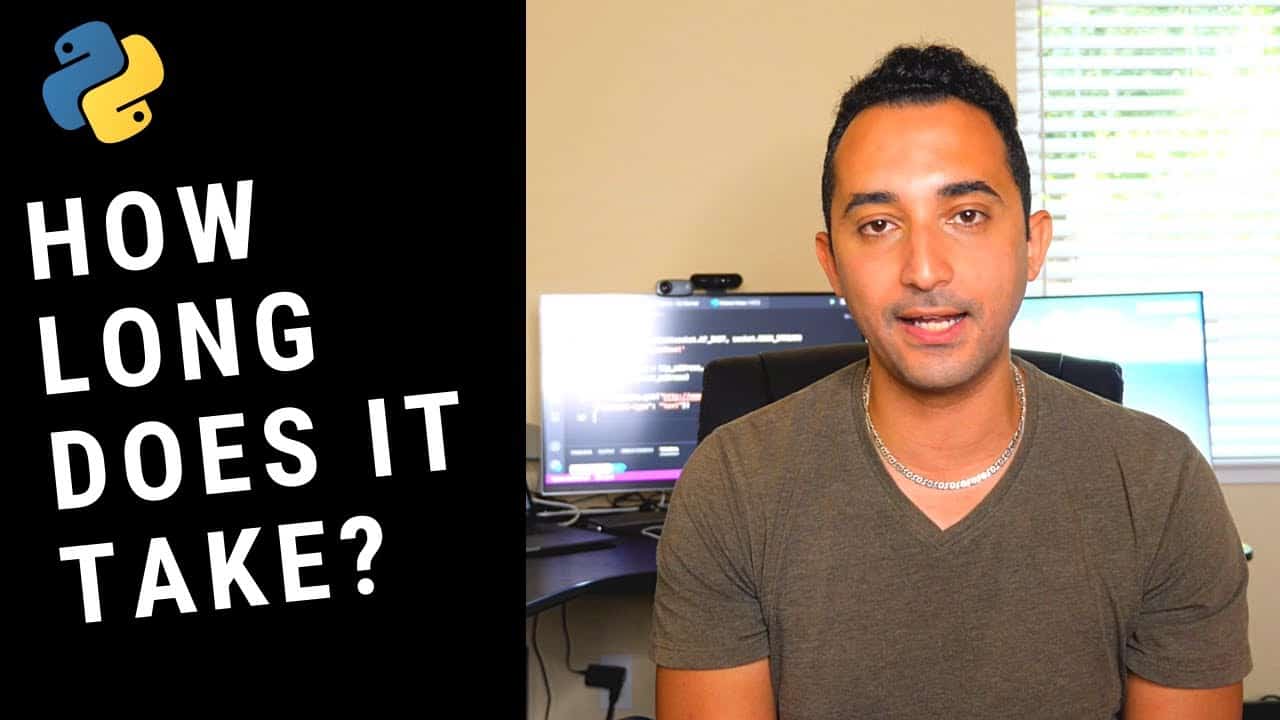
After 6 Months: Mastery and Beyond
After mastering the basics and specializing in an area, you can continue to learn and improve your skills. You may start working on personal projects or contributing to open-source projects. At this point, you'll be able to dedicate as many hours per week as you like, depending on your goals and motivation.Remember, learning Python (or any programming language) is a continuous process. The more you practice, the faster you'll improve. Be patient, stay consistent, and enjoy the journey!
Please note that these timeframes are approximate and may vary depending on individual factors, such as prior programming experience or learning speed.
